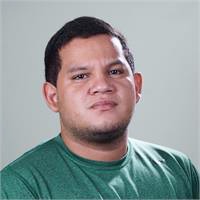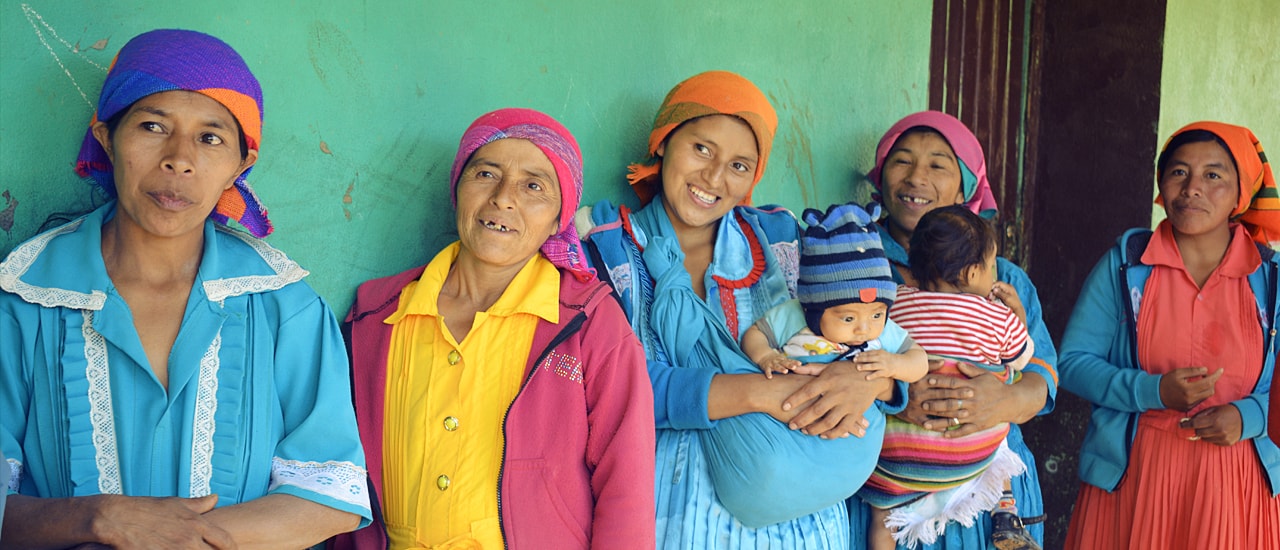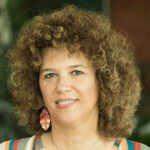Beyond the Net Journal
The Internet has the potential to enable Indigenous communities to continue living on remote traditional lands without diminishing their access to services and information. The potential can go a long way towards closing the digital divide and offers new opportunities while preserving Indigenous culture.
In the ongoing debate about what difference the digital makes to the concept of Indigeneity itself, the voices of Indigenous people are what has been missing. It should be left up to community members to be caught up in this age of information and build the future on their own terms.
This is the story of Lenca people of Azacualpa, an Indigenous community of Yamaranguila in Intibucá, Honduras. In June 2017 they decided to start their relationship with technology by creating Radio Azacualpa, a radio station run by women, with the support of Cultural Survival’s Community Media Grants Project. It was a dream come true.
The radio tagline “La voz de las Mujeres” – the voice of women – says it all. “One of our goals as a radio station is to achieve recognition of our rights as women and to achieve equality,” explains Maria Santos, leader of the Azacualpa community.
In 2018, the Lenca decided to take a big step forward and started the “Comunidades Inteligentes”, a project led by Red De Desarrollo Sostenible (RDS) in partnership with the Internet Society Honduras Chapter and supported by Beyond the Net Funding Programme. Comunidades Inteligentes aims to establish a Community Network with free Wifi and to connect 300 families with the rest of world.
Although their Indigenous language is extinct and their culture has changed in other ways over the centuries, the Lenca no longer want their knowledge to reside only in the minds of elders. They consider the Internet as a tool to empower their community. These people are curios and proud, they like to learn new skills while remaining true to their roots. Women wear beautiful traditional clothing while holding their babies in colorful wraps. Men are committed to farming, carrying on old rituals such as “Las Composturas” to thank mother earth for its gifts during the harvest season.
What are the origins of Lenca people and the problems they are facing?
 Eduardo Tome, project manager, explains: The Lenca tribe has its roots deeply entrenched in Honduran soil. In 1537 the Indigenous leader Lempira led the native resistance against the Spanish conquerors. Despite losing his life in battle, he remains one of our most beloved national heroes to this day. Nonetheless, his tribe and his people have suffered quite a different luck, as they have lived in a constant battle to protect and withhold their language, their customs, and their lands.
Eduardo Tome, project manager, explains: The Lenca tribe has its roots deeply entrenched in Honduran soil. In 1537 the Indigenous leader Lempira led the native resistance against the Spanish conquerors. Despite losing his life in battle, he remains one of our most beloved national heroes to this day. Nonetheless, his tribe and his people have suffered quite a different luck, as they have lived in a constant battle to protect and withhold their language, their customs, and their lands.
While there has been a growing national acceptance of Indigenous rights and culture in both Honduras and El Salvador”, says Eduardo, “the Lenca continue to struggle in both nations over land rights. The reality of our Indigenous communities is extremely bleak and painful. They are often isolated from major cities and towns, which makes their access to basic services such as electricity, running water, medical assistance, communications, and education very limited, without having to travel long distances. The challenges they face in health care and education are just as important. Due to the lack of access to proper medical care, there is a high mortality rate amongst infants with diarrhea and pneumonia. This is in part due to the lack of a public sewage and running water in the area. The literacy rate in the population is around 50% with the biggest demographic affected being women. In the Azacualpa community there is only one school and it only reaches until the 9th grade.
How did the idea of “Comunidades Inteligentes” come about?
We fell in love with this community about a year ago. As a part of Red de Desarrollo Sostenible, we started working with the local women in early 2017 and created the first radio station in the country to be fully operated by women. Since they are a very close-knit community, the first contact was very difficult but once we gained their trust, we discovered that they were very curious people. They have a great desire to learn about technology and communications. They understand that these tools could enable them to empower the community with greater ease, since they no longer have to walk for miles just to make their voices heard. Providing Internet access to Lenca people through community networks, seemed like the next logical step that motivated us to create the project and participate in Beyond the Net Programme.
How did you move from project idea to project proposal?
As the first steps, we began socializing the project in the community. The ILO 169 Convention states the community needs to be properly consulted and informed of any projects or laws that might directly affect them, their lands or beliefs. We visited the community and had brief talks with local leaders regarding the project. On our second visit, supported by a local church, we were able to gather most of the community members to see if they would support the project. The acceptance was overwhelming. Most of them did not know what the Internet is, but they are aware of its potential. Committees to oversee the development of the network were elected with a combination of local leadership and curious youth who are eager to open their minds to technology.
How the access to the Internet will empower Lenca people?
Azacualpa poses the greatest challenge our Chapter has ever faced. We are welcoming it with open arms for we understand the great impact that Internet access can have on their lives. We are going to connect 300 families and decrease the existing digital gap compared to the nearest city, La Esperanza, by at least 70% within 12 months. We will promote, through the establishment of a telecentre and hotspots in different points of the community, the human right to Internet access that was approved by the United Nations in the summer of 2016. We aim to document the entirety of this process so that our experience will help others to empower their communities and inspire them to take action.
Indigenous movements are attempting to revive the Lenca language, and recent press reports from Honduras indicate that elementary school textbooks in original language have been distributed to public schools. The Internet will give the opportunity to create spaces where Indigenous art, language, culture, and traditions can be shared, learned, and distributed. This project will make Lenca people free to digitize their oral culture and identify complementary knowledge from global resources to build a better future.
Indigenous communities face unique challenges to Internet access and inclusion. Learn how you can support indigenous connectivity, then find out how you can build a Community Network yourself!
Do you have a great idea to make your community better via the Internet?
Learn more about our Beyond the Net programs offered by the Internet Society Foundation.

